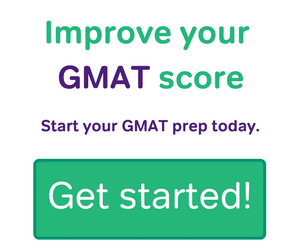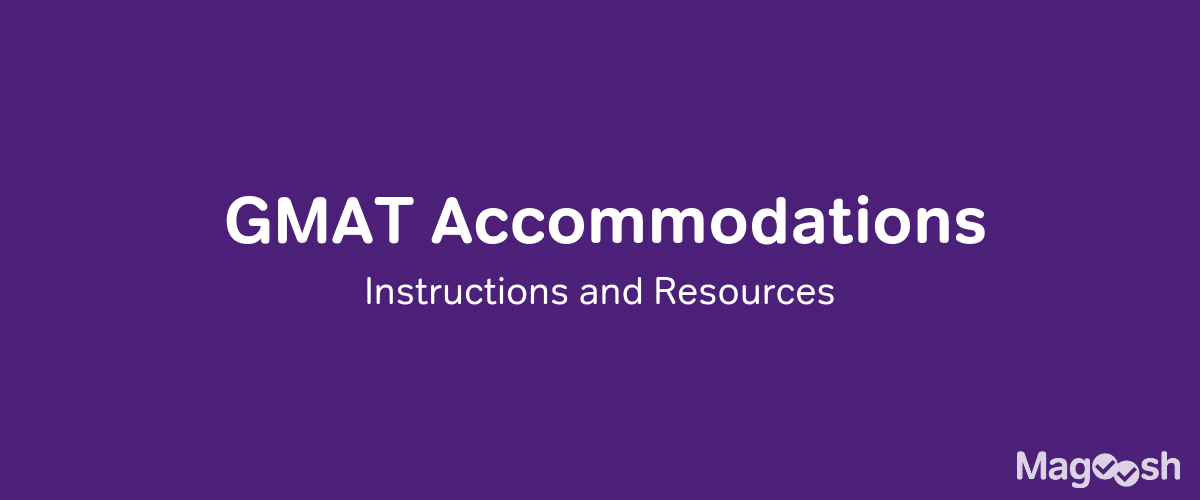To start, consider these practice GMAT Sentence Correction questions.
1) The Senator’s warm recommendation of the popular Congressman seemed to many an implication that he will not see re-election to his current office.
-
(A) an implication that
(B) to make the implication
(C) to imply that
(D) as if implying
(E) to make implicit that
2) Five-star General John Pershing had such a sweeping command in World War I as no single WWII general is a correspondence to him.
-
(A) such a sweeping command in World War I as no single WWII general is a correspondence to
(B) such a sweeping command in World War I that no single WWII general would be a correspondence with
(C) so sweeping a command in World War I as no single WWII general would be corresponding to
(D) so sweeping a command in World War I that no single WWII general corresponds to
(E) such a sweeping command in World War I because no single WWII general corresponds with
Action
The GMAT prefers active and direct language, clear and powerful. Why? Ultimately, this kind of language is what creates sales and drives business deals. Consider an ad campaign along the lines of “Our product is seen by customers as having a quality that is higher than those of our competitors” — abysmal! No one would run a campaign like this unless it were intended as a joke, say, said in a drawl by a dim-witted cartoon turtle while things explode around him! The slogan “No one beats our quality!” is much more powerful and to the point, and much more likely to stick in people’s heads.
Verbs are action words
One split that appears sprinkled throughout the GMAT Sentence Correction questions is having the same root word appear in verb & noun form in different answer choices, or even in verb & noun & adjective form (Cf. OG13, SC#36). As a general rule, the verb-form will be correct almost every time. Most often, phrasing the word in noun or adjective form will result in a longer, more indirect, and more awkward construction, while using the verb form will yield a simple, clear, and direct construction. This is not a hard & fast rule, and this very seldom will be the only split deciding between two answer choices. Nevertheless, this can be a powerful shortcut for eliminating wrong choices and zeroing in on the correct choice.
Summary
Having read this article, take another look at the questions above before reading the explanations below. Verify that you can find the word that has verb vs. noun forms.
Practice question explanations
1) Split #1: the noun/verb/adjective split. Choices (A) & (B) use the noun form, “implication”, and indeed, these are longer, wordier, and less direct than they could be; these are not correct. Choice (C) uses the verb “imply.” Choice (D) uses the participle “implying.” Choice (E) uses the adjective “implicit”, which changes the meaning significantly, so this is incorrect.
Split #2: “that” — in colloquial speech, we often drop the word “that” in casual conversation — “He said she was angry.” On the GMAT, though, this is unacceptable. The formal language of the GMAT demands the word “that”. Choices (B) & (D) drop the word “that” before the clause, so these two are incorrect.
Because of these, the only possible answer is (C).
2) Split #1: non vs. verb. The noun “correspondence” appears in choices (A) & (B), and the verb forms “corresponding” and “corresponds” appear in choices (C) & (D) & (E). This is not conclusive, but we suspect the correct answer will be among these latter three.
Split #2: the idiom with “correspond”. Both the verb “to correspond” and the noun “correspondence” take the preposition “to” when we are talking about a “correspondence” in the sense of a pattern of matching, as we are here. (We would speak of a “correspondence with” someone if we were talking about an exchange of communication.) Here, we need the preposition “to” — choices (A) & (C) & (D) have this correct preposition, but choices (B) & (E) make the mistake of using “with”, so these two are incorrect.
Split #3: the “such” & “so” construction. One correct idiom is “such a [noun] that” — here, the construction “such a sweeping command in WWI that” —- only choice (B) has this version correct. Another correct idiom is “so [adjective] that” or “so [adjective] a [noun] that” — here, we would need the construction “so sweeping a command in WWI that” —- only choice (D) correctly follows this idiom. The other three choices don’t follow either of these idioms correctly.
The only possible answer is (D).






Leave a Reply